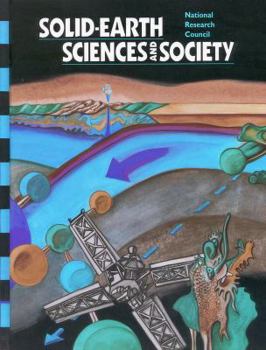Solid-Earth Sciences and Society
As environmental problems move upward on the public agenda, our knowledge of the earth's systems and how to sustain the habitability of our world becomes more critical. This volume reports on the state of earth science and outlines a research agenda, with priorities keyed to the real-world challenges facing human society.
The product of four years of development with input from more than 200 earth-science specialists, the volume offers a wealth of historical background and current information on:
Plate tectonics, volcanism, and other heat-generated earth processes. Evolution of our global environment and of life itself, as revealed in the fossil record. Human exploitation of water, fossil fuels, and minerals. Interaction between human populations and the earth's surface, discussing the role we play in earth's systems and the dangers we face from natural hazards such as earthquakes and landslides.This volume offers a comprehensive look at how earth science is currently practiced and what should be done to train professionals and adequately equip them to find the answers necessary to manage more effectively the earth's systems.
This well-organized and practical book will be of immediate interest to solid-earth scientists, researchers, and college and high school faculty, as well as policymakers in the environmental arena.





